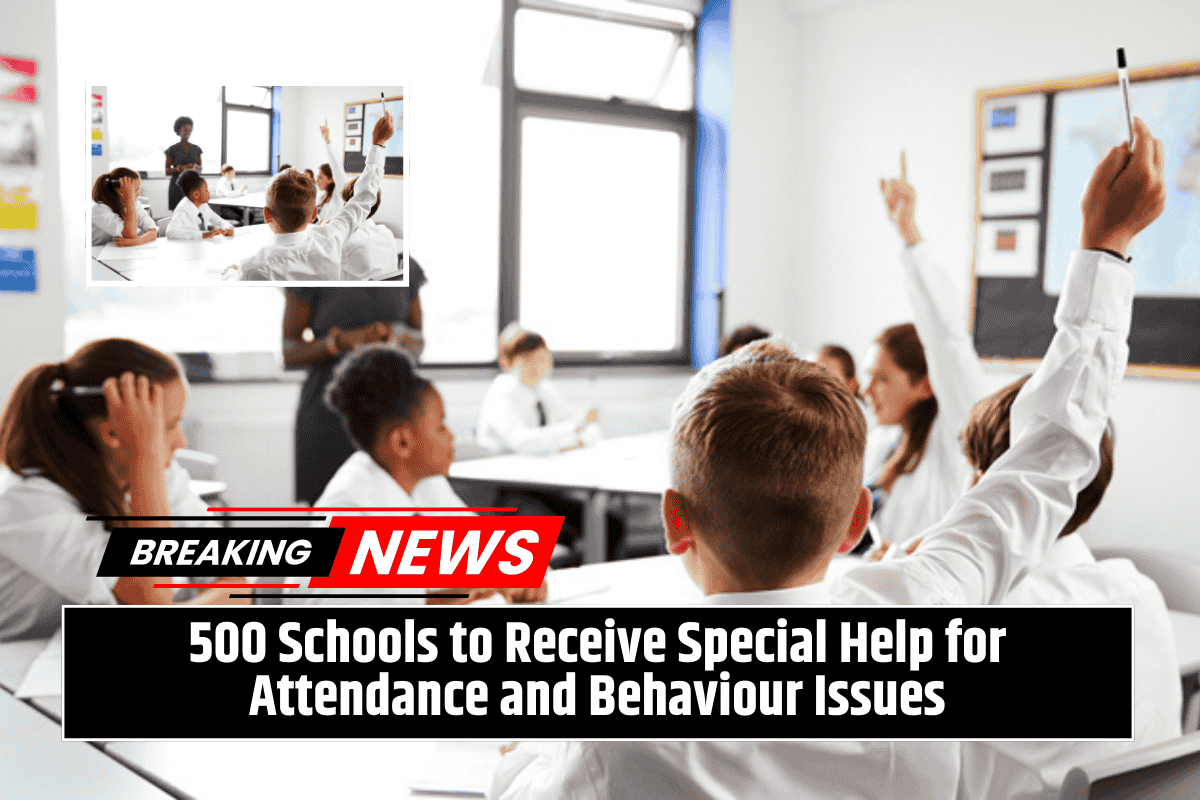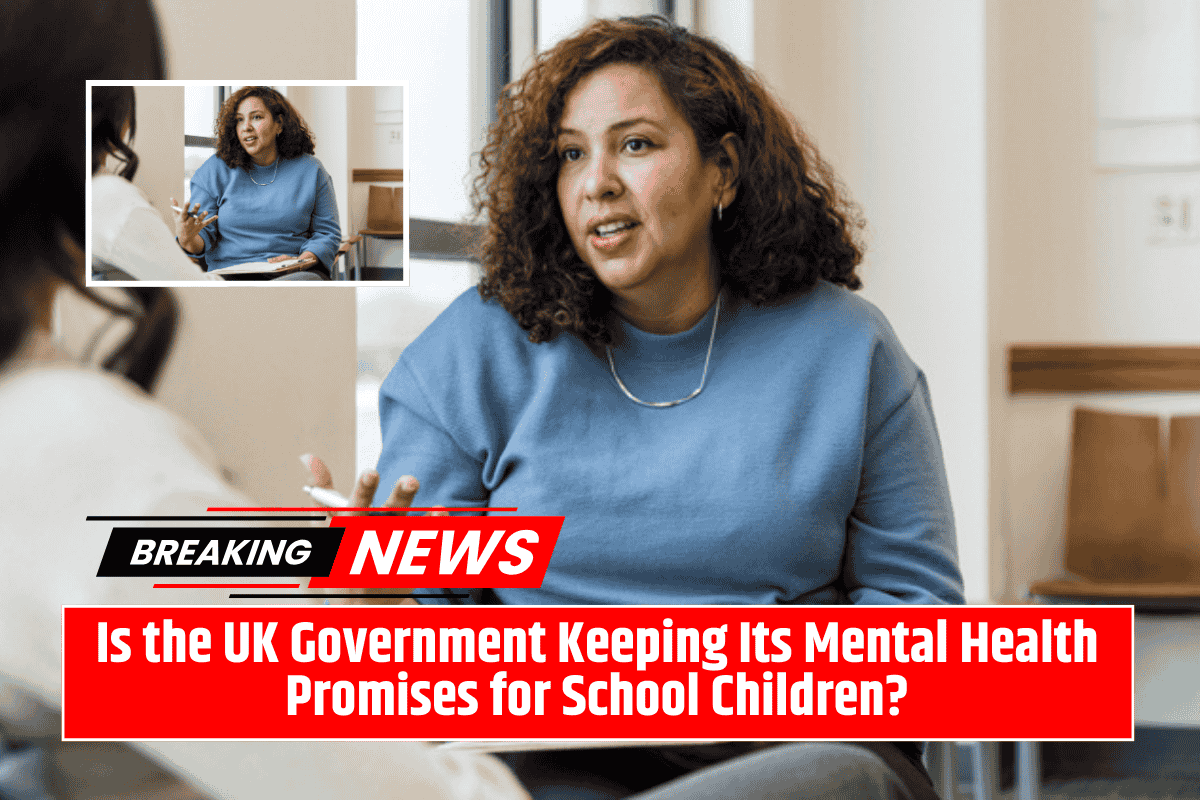The UK government has promised that by 2028, 75% of children should be ready for school with strong early development. But recent plans to cut disability benefits might make it harder to reach this goal. Experts and school leaders say these cuts could push more families into poverty and affect children’s learning from an early age.
What Is School Readiness and Why It Matters
School readiness means children are well-developed in areas like language, maths, social skills, and basic self-care by the time they start school. It’s a key part of the Labour Party’s education plan. Right now, about 68% of children are ready for school. Labour wants to raise this to 75% by 2028.
How Benefit Cuts Might Affect Families
The Department for Work and Pensions (DWP) plans to tighten rules on personal independence payments, which help people with disabilities. These changes may affect 3.2 million families across Great Britain. It is expected that 250,000 more people will fall into poverty, including 50,000 children, by 2030.
Despite this, the Department for Education has not looked at how these changes could impact their school readiness target. Many believe this is a big oversight.
Experts Say the Cuts Are ‘Short-sighted’
Education experts think cutting benefits will cause more harm than good. Dan Thomas, CEO of Learning Partnership Academies Trust, says reducing disability support in early childhood will cause more problems for children entering school.
The first 1,000 days of a child’s life are very important. If families don’t have enough money during this time, it can delay a child’s growth in learning and personal development.
Children on Free School Meals Are Already Falling Behind
Statistics show that children from poorer families are already 20.5% less likely to be ready for school. A poll of over 2,500 primary teachers revealed that 80% don’t believe the government will meet its 75% goal. Among headteachers, the number was even higher at 86%.
More Children Seem to Have Special Needs
Dan Thomas explained that some children seem to have special needs, but it might actually be poverty-related stress. His schools are lowering their starting age and offering special support because public services are not meeting children’s needs.
Barbara Middleton, a headteacher from Newcastle, also said the changes could impact entire families, especially where both parents and children have learning issues like ADHD or dyslexia.
Teachers Are Doing Jobs Outside Teaching
Middleton shared that staff at her school have already changed 600 nappies this year. When staff do tasks like this, they can’t focus on teaching. This shows how school staff are stretched thin and need more support.
Cost-of-Living Crisis Adds More Pressure
A study by the charity Kindred showed that more than half of parents and nearly half of teachers believe the rising cost of living is affecting children’s school readiness. Parents are working longer hours, and this impacts the time and attention children receive at home.
Support Services Are Lagging Behind
In many areas, health services like health visitors are behind schedule by a whole year. This means some children start school without being toilet trained or even come in pushchairs, making it clear they are not developmentally ready.
Schools Say They Need More Funding
Schools are trying to adapt, but without proper funds and support, they can’t meet these growing challenges. Liz Bartholomew, headteacher in Essex, said schools want to help but simply don’t have the money or staff needed.
What’s Next?
The Education Secretary, Bridget Phillipson, has promised more consultation and analysis with affected groups. But for now, many fear the benefit cuts could harm the goal of helping children get a good start in life.
Children need a safe and supportive environment to grow and learn. Cuts to disability benefits may leave families with fewer resources, making it harder for children to be ready for school. While the government has set a good goal, reaching it will require more planning, proper funding, and care for those most in need. Ensuring school readiness is not just an education issue—it’s about family support, healthcare access, and financial stability.











